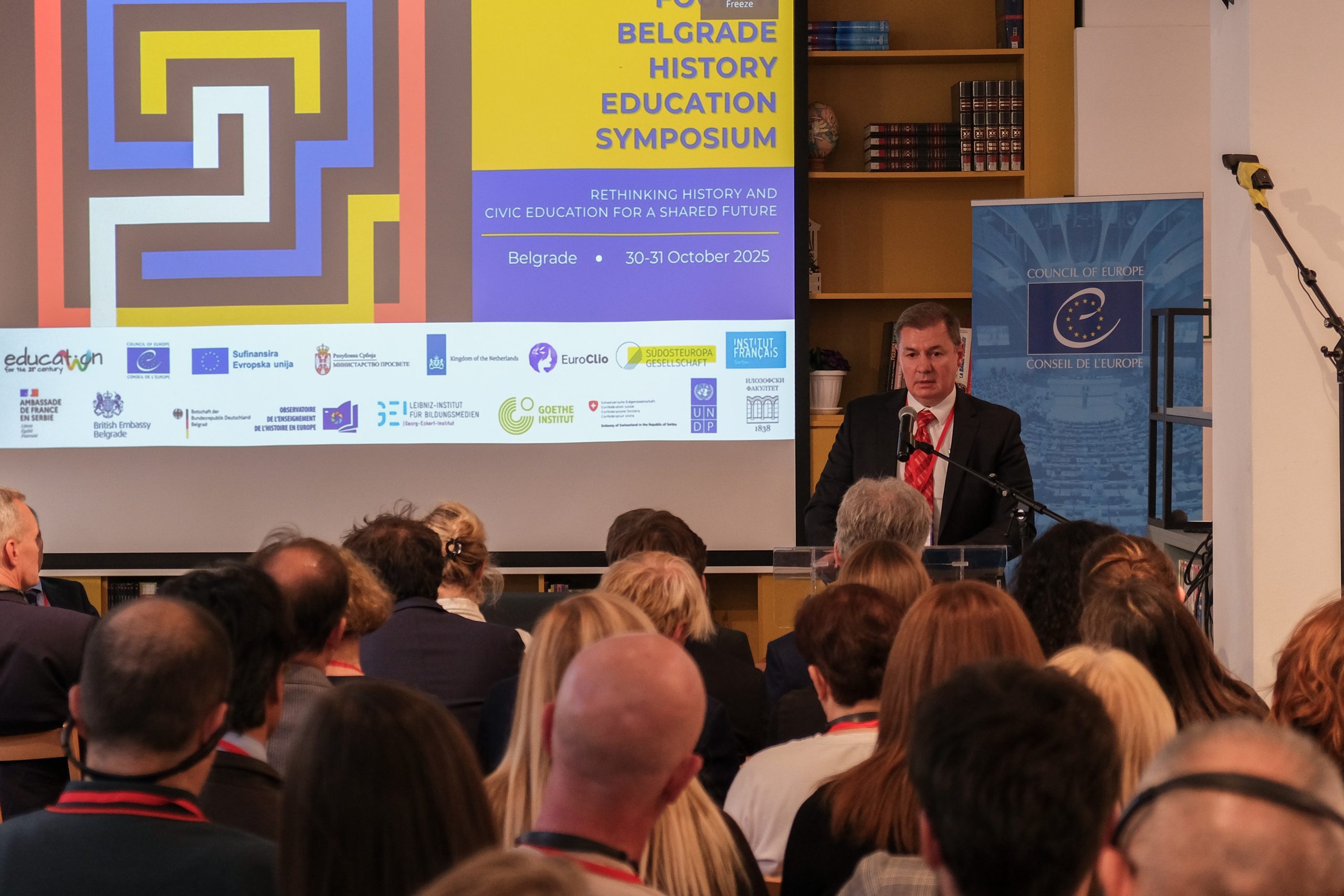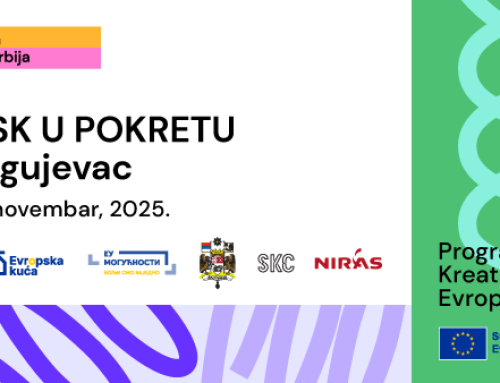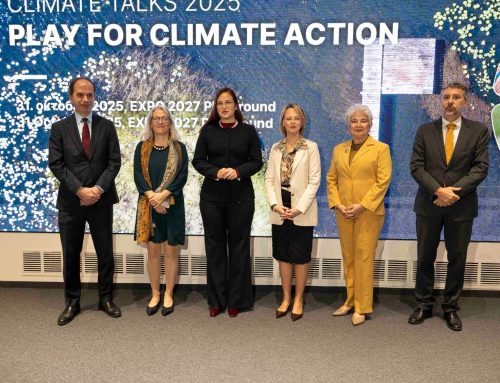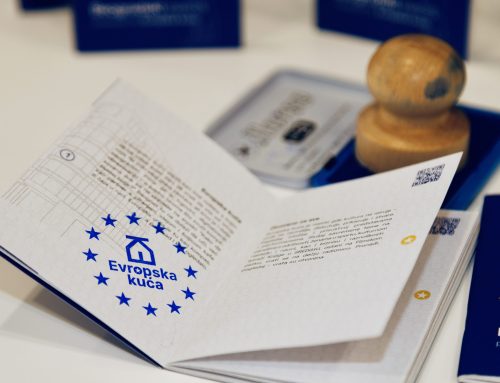“History doesn’t repeat itself, but it rhymes”, said British Ambassador Edward Ferguson, echoing a quote often attributed to Mark Twain, during one of the thematic sessions of the Fourth Symposium on History Education, held on October 30 and 31 at several venues across Belgrade.
Marking the 30th anniversary of the Dayton Agreement and reflecting on the current social and political developments in the region, this year’s Symposium was titled “Rethinking History and Civic Education for a Shared Future.”
Building on the success of previous editions, the Symposium once again served as a meeting point for teachers, researchers, experts, and organizations engaged in developing contemporary practices in history and civic education across the region and Europe.
This year’s program focused on a critical examination of the role that history and civic education play in strengthening democratic processes, promoting social cohesion, and encouraging reflection on the challenges facing modern societies.
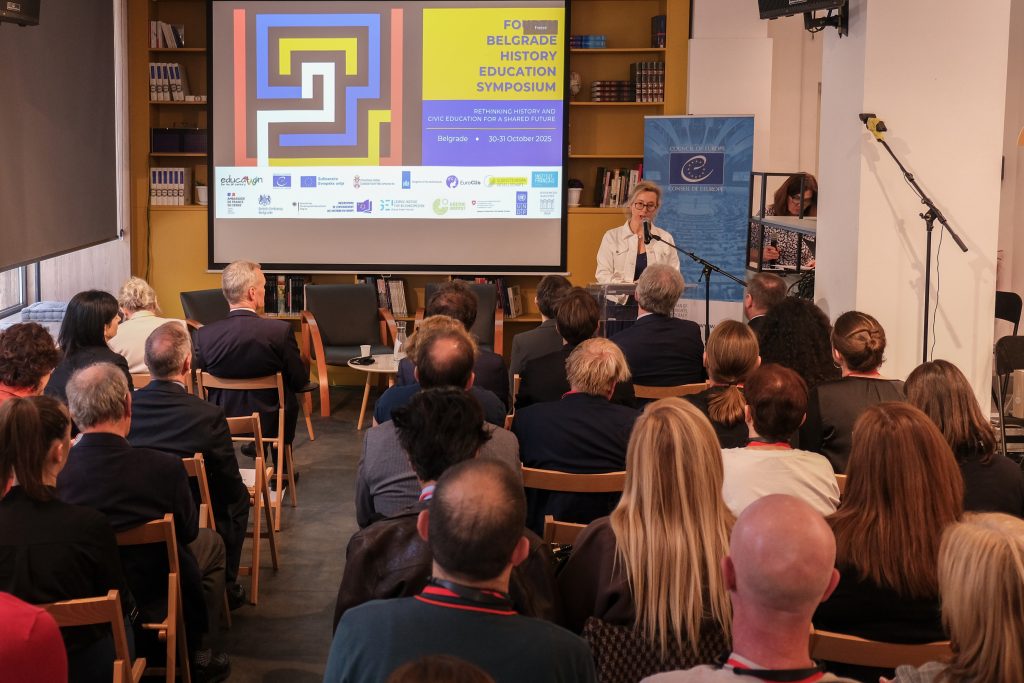
Photo/ Hana Šuica
Through panel discussions, workshops, and interactive formats, participants explored ways of teaching history that promote democratic values, intercultural dialogue, with a particular focus on local and regional challenges in post-conflict societies.
Following the opening remarks by Janoš Babić, Head of the Council of Europe Office in Belgrade, and Amos Reihman, Director of the French Institute in Belgrade, the Symposium also featured addresses by the ambassadors of France, Germany, Switzerland, the Netherlands, and the United Kingdom.
The second day was marked by workshops dedicated to examining textbooks and research materials, as well as contested histories and heritage. These sessions provided a platform for teachers and students to engage in open dialogue about the current state of the profession and to explore new opportunities for collaboration, exchange, and mutual understanding.
The Symposium on History Education was organized with the support of the European Union, the Embassies of France and the Netherlands, the French Institute, and the Goethe-Institut Serbia.

